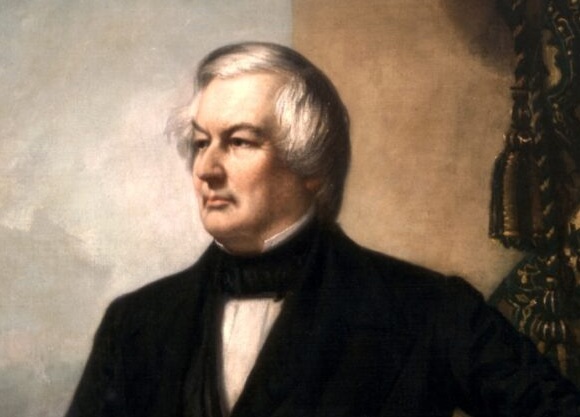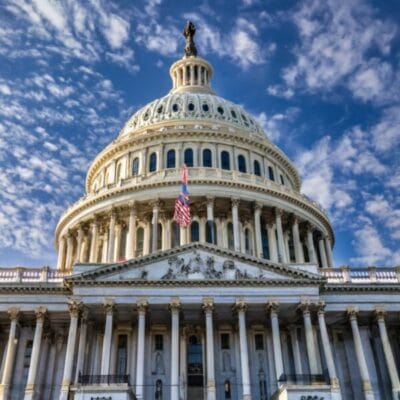As of now, four U.S. Presidents have been awarded the Nobel Prize. Here’s a brief overview of each president and the context in which they received the prize:
- Theodore Roosevelt (Nobel Peace Prize, 1906)
- Reason for Award: Roosevelt received the Nobel Peace Prize for his role in mediating the Treaty of Portsmouth, which ended the Russo-Japanese War in 1905. His efforts in bringing the warring parties to the negotiation table and successfully facilitating peace earned him this recognition.
- Impact: This made Roosevelt the first sitting U.S. president to win the Nobel Prize. His award highlighted the United States’ emerging role in global diplomacy and conflict resolution.
- Woodrow Wilson (Nobel Peace Prize, 1919)
- Reason for Award: Wilson was awarded the Nobel Peace Prize for his efforts in establishing the League of Nations following World War I. He was a principal architect of the League and advocated for its creation as a means to ensure lasting peace and prevent future conflicts.
- Impact: Although the U.S. Senate ultimately rejected membership in the League of Nations, Wilson’s vision laid the groundwork for future international cooperation and organizations, including the United Nations.
- Jimmy Carter (Nobel Peace Prize, 2002)
- Reason for Award: Carter received the Nobel Peace Prize for his lifelong commitment to peace and human rights. The Nobel Committee recognized his efforts in finding peaceful solutions to international conflicts, advancing democracy and human rights, and promoting economic and social development.
- Impact: The award particularly noted his work through the Carter Center, which has been involved in various humanitarian efforts, election monitoring, and conflict mediation around the world.
- Barack Obama (Nobel Peace Prize, 2009)
- Reason for Award: Obama was awarded the Nobel Peace Prize early in his first term as president. The Nobel Committee cited his extraordinary efforts to strengthen international diplomacy and cooperation between peoples, as well as his vision and work for a world without nuclear weapons.
- Impact: The award was somewhat controversial due to its timing, with many noting that it was given more for his potential and vision than for concrete achievements at that point. Nonetheless, it underscored the international community’s hope in Obama’s leadership and diplomatic approach.
These Nobel Peace Prizes highlight the significant roles these U.S. presidents played in promoting peace and international cooperation, reflecting their diverse contributions to global stability and humanitarian efforts.



